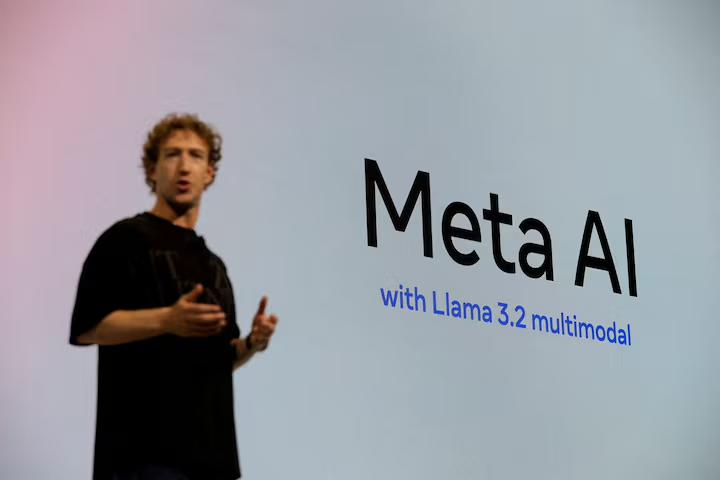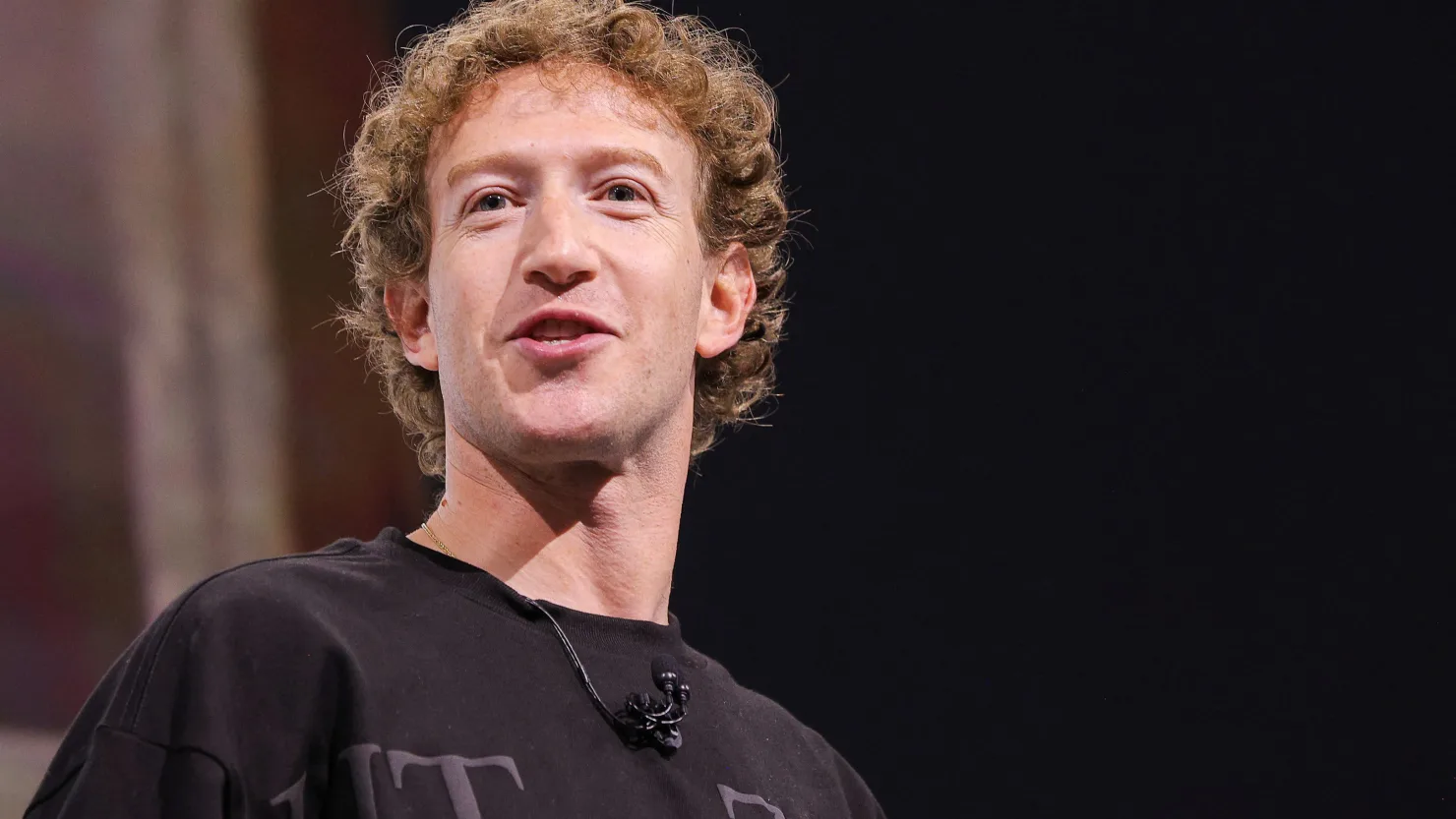Meta names ChatGPT co‑creator as chief scientist of Superintelligence Lab
Meta names ChatGPT co‑creator Shengjia Zhao as chief scientist of its Superintelligence Lab, cementing a bold move in the high‑stakes AI race. Meta CEO Mark Zuckerberg unveiled Zhao’s formal role on July 25, 2025, announcing that Zhao will define the scientific agenda for the newly created Superintelligence unit alongside Chief AI Officer Alexandr Wang.

This strategic appointment follows Meta’s launch of Meta Superintelligence Labs in June 2025, aimed at advancing the company’s pursuit of artificial general intelligence (AGI) and regaining ground following the mixed reception of its Llama 4 model. Zhao, a former lead researcher at OpenAI, co-created ChatGPT, GPT-4 and its variants (4.1, o3), and led synthetic data initiatives that helped shape OpenAI’s reasoning architectures.
Table of Contents
Bold Talent Acquisition Strategy
Meta’s recruitment push has become one of the most talked‑about talent wars in Silicon Valley. The company has reportedly offered compensation packages worth tens to hundreds of millions to lure top researchers from OpenAI, Google, Apple, and Anthropic teams. While some reports claimed offers as high as $300 million, the company later downplayed those figures—though offers of $100 million‑plus remain credible.
Zuckerberg’s hiring blitz is framed as both urgent and highly personalized, including direct outreach, dinners at his home, and “exploding offers” that require quick decisions. Despite financial allure, some AI leaders like Anthropic co‑founders and DeepMind CEO Demis Hassabis emphasize mission and ethical alignment over financial gain.
Superintelligence Lab: Vision and Organization
Meta Superintelligence Labs, founded on June 30, 2025, is structured as a distinct subsidiary under Meta Platforms, headquartered in Menlo Park, California. The lab consolidates several AI divisions, including Meta AI and FAIR, under a unified umbrella, with pretrained Llama efforts feeding into its AGI roadmap.
Zhao, who was a founding researcher “from day one,” now formally leads scientific direction and research strategy. He reports to Alexandr Wang, former CEO of Scale AI (a company in which Meta took a 49% stake), now Meta’s Chief AI Officer and primary executive driving AGI ambitions. Meanwhile, Yann LeCun, long‑time FAIR chief scientist, retains leadership of FAIR as a complementary unit focused on foundational AI paradigms.
Zhao’s Background and Influence
Shengjia Zhao brings a track record of pioneering large‑language model architecture and reasoning frameworks. He co‑authored key work on GPT‑4 and GPT‑4 derivatives (4.1, o3) and led synthetic data efforts that formed the backbone of OpenAI’s chain‑of‑thought systems.
At OpenAI, Zhao led the development of the “o1” reasoning model—a breakthrough that pushed forward human‑level reasoning in AI and inspired many others in the industry. That background and academic reputation—supported by publications at venues such as NeurIPS, ICML, and ICLR—make him one of the most respected voices in AI research today. VentureBeat
Competitive Context: Why This Matters
Meta’s Llama 4 rollout earlier in 2025 failed to match GPT‑4 or Google’s Gemini in capabilities, driving urgent internal decisions to boost capacity via talent and resources. The formation of Meta Superintelligence Labs—with Zhao and Wang at the helm—signals a new era in which Meta bets heavily on AGI development with transparency (open‑source promises) and top-tier talent.
Industry insiders view Meta’s aggressive talent strategy as a clear acknowledgment that it is behind in the AI race. Demis Hassabis remarked that such a move was rational: “They’re behind and they need to do something.” Business Insider
Meta’s Next Moves and AI Ambitions
With Zhao directing research strategy, MSL is expected to tackle reasoning models, advanced multimodal capabilities, synthetic data generation, and next-generation Llama successors codenamed “Behemoth.” TechCrunch. Meta has committed $14.3 billion into Scale AI and continues to explore partnerships and startup acquisitions to ramp up infrastructure and expertise.
Meta CEO Zuckerberg stated MSL will push toward “full general intelligence” with an open‑source ethos—contrasting with rivals’ more closed or commercial models. Reuters
Implications for AI Ecosystem and Readers
Meta consolidating elite AI researchers under Zhao’s leadership sets the stage for a more open, transparent, and ambitious approach to AGI development. If successful, this lab could leapfrog current AI frontrunners while reshaping the norms around safety, ethics, scalability, and public access.
For readers, this appointment signals that Meta is doubling down on AI research sophistication—not just scaling compute, but investing in scientific leadership. Zhao’s presence suggests the next wave of AI models may center around reasoning, generalization, and synthetic data efficiency.
Conclusion
Meta names ChatGPT co‑creator Shengjia Zhao as chief scientist of Superintelligence Lab marks a pivotal moment in the AI race. With Zhao providing technical leadership and Alexandr Wang leading acquisition and strategy, Meta aims to drastically elevate its scientific capabilities and pursue AGI with both boldness and open‑source intent. The shift comes amid fierce industry competition and the promise—or peril—of superintelligent machines.
Subscribe to trusted news sites like USnewsSphere.com for continuous updates.





